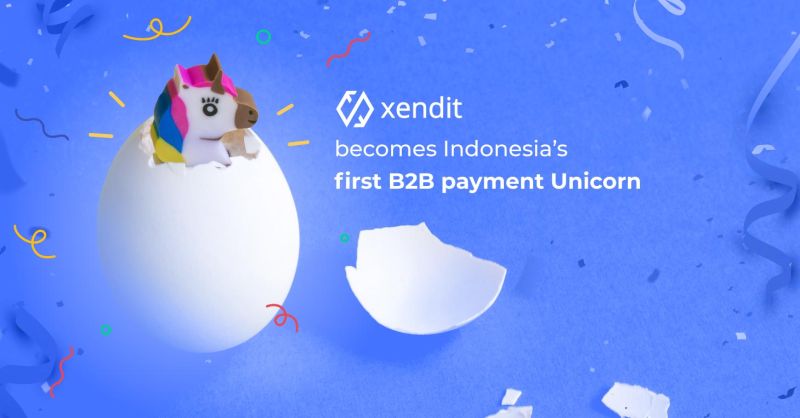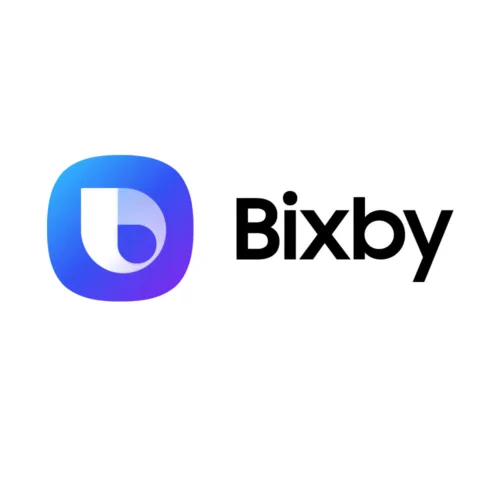
Sooner or later, Indonesia is predicted to be a potential market for the growth of FinTech (Financial Technology) industry. This is strongly related to the people’s openness to tech development, market size, and ecosystem maturity available in Indonesia.
To some people, the FinTech term might sound strange, especially those in developing markets. However, FinTech is proven to provide new and fresh solutions and innovations for consumers in many developed countries that it even disrupts the dominance of well-established financial industries.
It’s about time to have the tech mushrooming in developing countries like Indonesia. Before that happens, it’s better for related parties to prepare themselves. As for the players in local FinTech industry, they should notice every single related trend that comes and goes.
Commenting on this development, Wharthon FinTech’s VP Cameron Peake stated that there are three trends that FinTech players should anticipate next year.
The use of data analytics to reach new consumers
In developing countries like Indonesia, there are still plenty of rooms in various industries, including tech and finance, for their players to grow. In Indonesia, this can be seen from the amount of unbanked people and those who are connected to internet. That being said, the role of the big data analytics would be to assist banks and FinTech players to reach wider scope of consumers.
Peake explained that numerous entrepreneurs out there have found the way to differentiate between customers who own a bank account and those who don’t using a new type of data. This allows banks and other financial institutions to offer loans or interests that reflect the real level of risks. Lenddo and Revolution Credit are ones of examples to this.
The increasing e-commerce trend in developing countries
In developed countries, the culture of online shopping has been a common experience. However, people in developing countries just started getting used to the culture, Peake said. The challenges would revolve around payment method, logistic, and regulation.
Peake believes that there would be even more companies that offer solution to those challenges, especially to those with no credit card. Mobile wallet services like Dompetku, T-Cash, and XL Tunai are ones of those services in Indonesia.
The improving cash-in and cash-out experience
One of financial challenges in digital era like today is to digitalize the very mean of transaction. This has yet been common in many developing countries like Indonesia. However, there have been services like GloboKasNet and PayNearMe that handle this matter.
According to Peake, FinTech players should anticipate those three trends during these 12 months.












